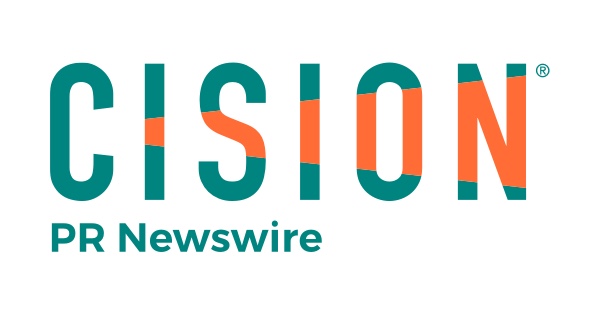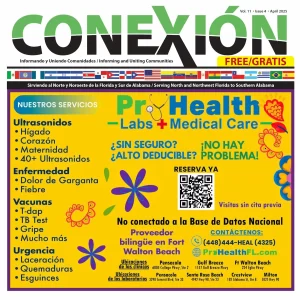New Study Exposes the Façade Behind the Picture-Perfect Life of Social Media
DALLAS/PRNewswire-HISPANIC PR WIRE/ — While many paint a picture-perfect life on social media, one of the dangers is that it helps hide traditional warning signs of abuse. In Mid-October, Mary Kay released new data from its eighth annual Truth About Abuse Survey which reveals that nearly 3 in 5 (59%) young people report they’ve exaggerated how happy or healthy their relationship is on social media and young people who experience digital dating abuse (79%) are even more likely to hide behind the façade.
“As technology evolves, we must continually adjust our strategies and prevention efforts to arm teens and young adults with the tools and resources they need to recognize digital dating abuse and domestic violence,” said Kirsten Gappelberg, Director of Corporate Social Responsibility for Mary Kay Inc. and board member of The Mary Kay Foundation. “The results from Mary Kay’s Truth About Abuse Survey proves we have more work to do to raise awareness and educate young people about an epidemic that is continually changing in the landscape of technology. As a long-time corporate leader in the fight against domestic violence, we hope this new survey raises awareness in the digital world we live in.”
The survey also revealed surprising results about the impact of social media on abuse:
69% of young people believe that teens are more likely to tolerate abusive behavior online than in person.
60% of young people report that they would NOT tell a parent or guardian if they were experiencing digital dating abuse, highlighting the importance of resources for teens.
According to the survey, a significant age gap highlights the need for early education and prevention:
63% of Millennials are significantly more likely than Gen Zers (50%) to exaggerate the health of a relationship on social media.
76% of college-age students have been victims of abuse, compared to 61% of high schoolers.
For young Americans in the dating scene, more than 1 in 4 (27%) young people report they have personally experienced digital dating abuse and another 39% know someone who has. The 2017 survey is part of Mary Kay’s Don’t Look Away campaign which works to educate the public on recognizing the signs of an abusive relationship, how to take action and to raise awareness for support services. In partnership with Wakefield Research, 1,000 young people ages 13-24 nationwide participated in the survey as a representation of America’s young population.
To date, Mary Kay Inc. and The Mary Kay Foundation have given $57 million to domestic violence prevention and awareness programs in an effort to end the cycle of abuse.
SOURCE Mary Kay



